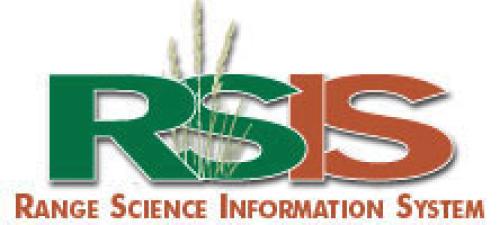The purpose of this review is to look into the history of the debate on the benefits of herbivory to plants and to illustrate that many ecologists believe that herbivory can increase plant fitness and/or productivity. Plants experience injury from a wide variety of sources besides herbivory, including fire, wind, heat, and trampling. Several assumptions underlie all discussions of the benefits of herbivory: that plant species are able to evolve a strategy of depending on herbivores to increase their productivity and fitness; that herbivores do not preferentially regraze the overcompensating plants; that resources will be sufficient for regrowth and that being larger is always better than being smaller. None of these assumptions is correct.

Citations and enhanced abstracts for journals articles and documents focused on rangeland ecology and management. RSIS is a collaboration between Montana State University, University of Idaho, and University of Wyoming.